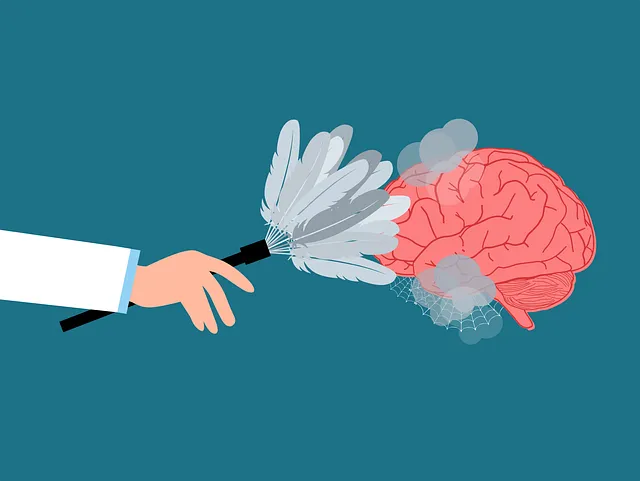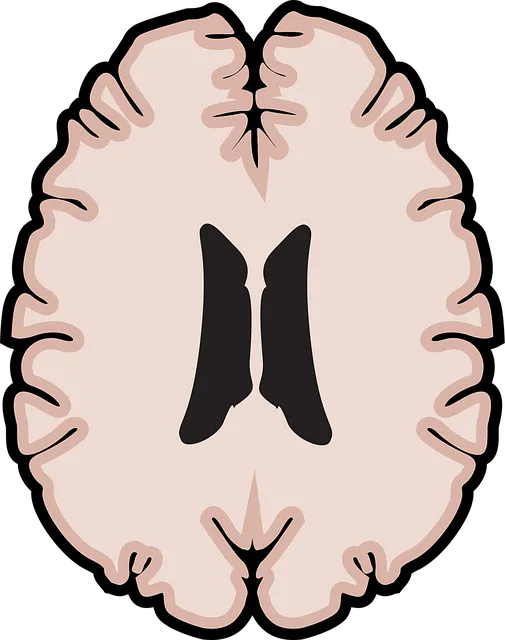Mental wellness apps are revolutionizing care by offering 24/7 professional guidance and accessible support for diverse users, from anxiety and depression sufferers to those seeking emotional well-being. Key features include self-assessment tools, progress tracking, peer support groups, guided meditations, and educational content, such as that provided by the Kaiser Permanente mental health phone number in Denver. Success depends on strategic planning, leveraging resources like this phone number, gathering user feedback, integrating advanced technologies, and robust marketing focusing on partnerships with healthcare networks to attract and retain users.
In today’s fast-paced world, mental wellness apps are becoming essential tools for managing stress and improving overall well-being. With the right features and effective design, these applications can provide personalized support to users seeking help. This article explores the development of mental wellness apps, from understanding the growing need—highlighted by resources like the Kaiser Permanente mental health phone number in Denver—to key functionalities and successful marketing strategies. Discover how technology is transforming mental healthcare access.
- Understanding the Need for Mental Wellness Apps
- Key Features and Functionality in App Design
- Development Process and Technologies Involved
- Marketing and Accessibility Strategies for Success
Understanding the Need for Mental Wellness Apps

In today’s fast-paced and often stressful world, mental wellness is a cornerstone of overall health, yet many individuals struggle to access effective support. This is where mental wellness apps step in as valuable tools, offering convenient and accessible solutions for those seeking emotional well-being promotion techniques and self-esteem improvement. Apps like these are transforming the way we care for our minds, providing resources and guidance right at our fingertips.
By utilizing technology, mental wellness apps cater to a diverse range of users, from those experiencing anxiety and depression to individuals looking to enhance their emotional healing processes. Unlike traditional therapy sessions, these digital platforms often provide 24/7 support, allowing users to access professional help whenever needed. For instance, the Kaiser Permanente mental health phone number in Denver highlights the growing trend of integrating mental health services with telemedicine, making it easier for folks to connect with professionals and receive much-needed assistance.
Key Features and Functionality in App Design

In the development of a mental wellness app, key features should prioritize user engagement and accessibility. Incorporate tools for self-assessment and tracking progress over time, enabling users to monitor their emotional well-being. Personalized dashboards with adaptive content can tailor experiences based on individual needs, offering coping strategies and mindfulness exercises relevant to each user’s specific challenges.
Integrating Empathy Building Strategies and Emotional Well-being Promotion Techniques is vital for fostering a supportive environment. Features like peer-to-peer support groups, anonymous forums, and guided meditation sessions enhance social connection and community building. Additionally, incorporating educational content from reputable sources, such as those backed by the Kaiser Permanente mental health phone number in Denver, can equip users with valuable insights into managing their mental health. Public Awareness Campaigns Development within the app can further promote mental wellness, encouraging open dialogue and reducing stigma associated with seeking help.
Development Process and Technologies Involved

The development process of a mental wellness app involves careful planning and execution to ensure it meets the diverse needs of users. It begins with extensive research to identify specific mental health challenges prevalent in targeted communities, such as Denver, where organizations like Kaiser Permanente offer vital resources through their mental health phone numbers. This stage also includes gathering user feedback to tailor features that address common issues like anxiety relief and stress management.
Technologies involved span from robust backend infrastructure for data storage and security to sophisticated machine learning algorithms for personalized recommendations. Front-end development focuses on creating intuitive, user-friendly interfaces accessible via mobile devices, catering to individuals seeking mindfulness meditation practices or other therapeutic tools. The integration of these elements is crucial for developing an app that not only supports mental wellness but also fosters a sense of community through outreach programs implementation, ultimately enhancing users’ overall well-being.
Marketing and Accessibility Strategies for Success

To ensure the success of a mental wellness app, robust marketing and accessibility strategies are paramount. One effective approach is to leverage existing healthcare networks such as the Kaiser Permanente mental health phone number in Denver. By partnering with established organizations, apps can gain credibility and reach a wider audience. Additionally, integrating Trauma Support Services within the app’s features can cater to a specific need, attracting users who require specialized care.
Focusing on Mental Health Education Programs Design can further enhance the app’s appeal. Educative content that promotes mental well-being and offers practical tools for managing conditions like anxiety can attract and retain users. Incorporating Anxiety Relief techniques in the app’s programming allows for immediate assistance, encouraging consistent user engagement. These strategies, when implemented holistically, can significantly contribute to the overall success and impact of a mental wellness app.
Mental wellness apps have become essential tools in addressing the growing demand for accessible and personalized mental healthcare. By integrating various features, from therapy sessions to mindfulness exercises, these applications offer a convenient and discrete way to support users’ mental well-being. As demonstrated by the success of initiatives like the Kaiser Permanente mental health phone number in Denver, effectively marketing and ensuring accessibility are key to making these apps widely adopted. Embracing innovative technologies during development and strategically tailoring them to meet diverse user needs will not only enhance engagement but also contribute to a more inclusive and supportive digital mental healthcare ecosystem.






